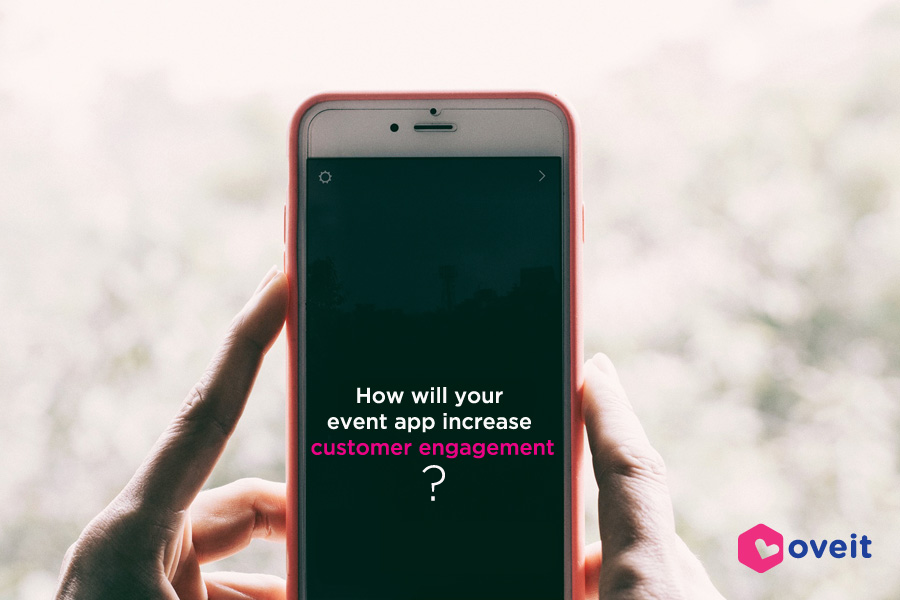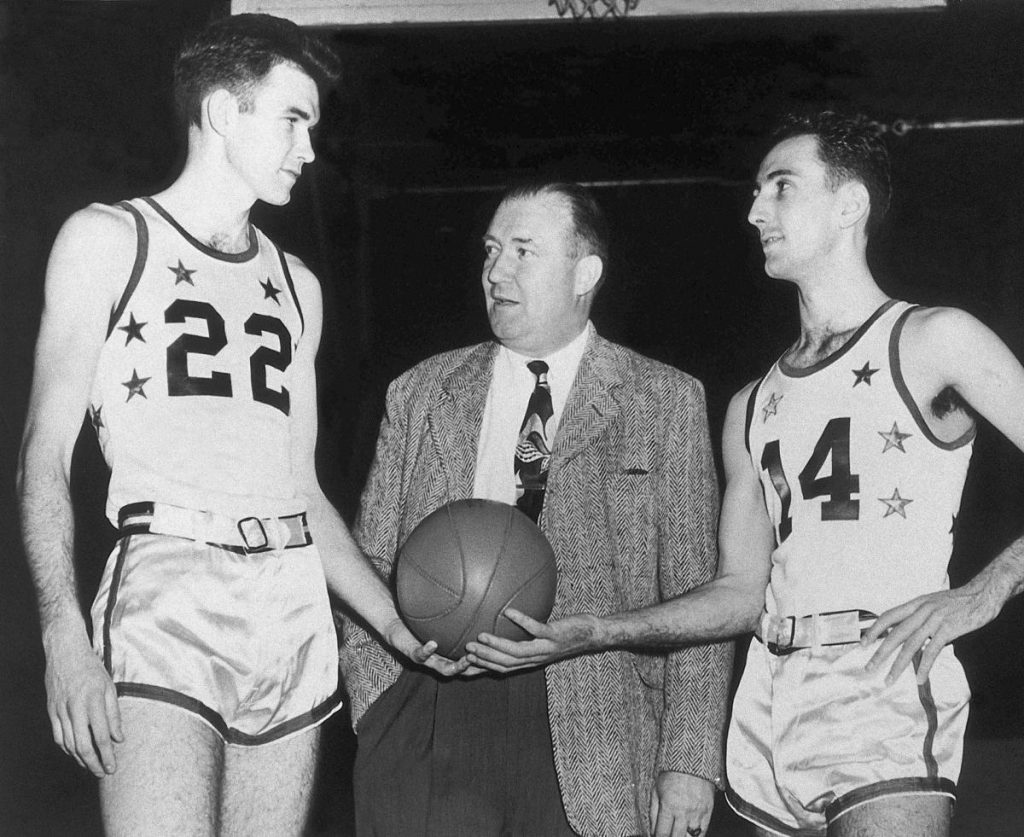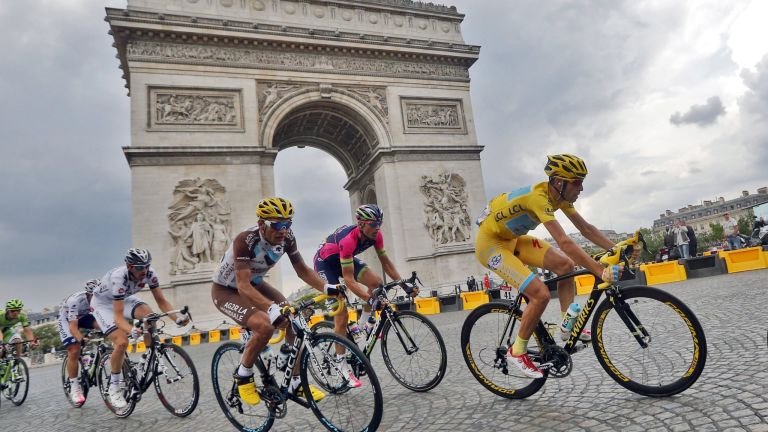Technology really changed the event management game. From ticketing software, badges, or payments, to the way we gather information from our attendees, everything has changed due to tech.
The rise of smartphones offered event planners the chance of adding a new asset: the event app, a powerful tool when it comes to both gathering data and engaging attendees.

Attendees engagement is crucial for every event planner. And event apps are great when it comes to measuring it. Further than the show/no-show rate, we all want to know if the attendees really were connected to our event. What are they curious about? What made them lose interest? And the event app is able to gather this information for you. You will know how many people downloaded the app, how many accounts have been activated, what messages generate interest and much more. All with the help of the app’s reports and analytics. But first things first:
What is customer engagement?
Customer engagement is best defined by the guys at Intercom in their powerful “Customer engagement” ebook:
“Communicating with your customer over the course of their lifecycle to help them get to the outcome that they want”. I really love the way they put the customer first. “To get the outcome that they want!” So the best practices involve putting your customer at the center of your activity. I am sure it is not the first time you hear this idea, but it can’t harm to hear it once more. When sketching the app for your event, ask yourself: How will it help attendees? How easily can someone create an account? What’s the added value for my guests?
Event app prior to the event
You can encourage your attendees to install the app just after they buy the ticket and supply them valuable information prior to the event. But try not to overwhelm them with your messages and send only valuable information (otherwise, why would they use it?).
Make sure you provide a schedule for the event and info about the speakers/artist, this is something most people will find extremely useful.
Using the app during the event
The best moment to engage your attendees is, of course, during your event. But make sure you don’t use it to distract them, or it may backfire. Social media integration will help your attendees’ networking efforts, but at the same time can be used to create buzz around your event.
Gamification will motivate engagement and at the same time will help your attendees network. And considering that events are based on experiences more than anything else, it is a great way to ensure a level of loyalty from your guests.
But don’t create an event app just for gamification, a smart event management app – like Oveit – can be used for gamification without the cost of another app.
Use polls and survey to increase engagement
What is the best way to find out what your customers really want? By simply asking them. If you can’t read minds, of course. Remember using paper and pen for surveys and polls, asking attendees to “keep one and hand the rest to the person in your left/right/back”. Those days are over and now everybody can vote or offer feedback using the event app, in a much simpler manner. For both attendees and organizers.
Offer certification for your attendees
If your event has seminar sessions hosted by certified trainers your attendees can receive a certification for attending them. And your event app can help you automate this process and send the certification to your attendees. Simply connect their personal profiles to a specific seminar and they will be able to receive the diploma when the seminar is over. You can use the app to test their skills and give certification only to those that have answered correctly to a certain number of questions.
The event app will increase the engagement of your attendees and will help you collect relevant data about your guests. But when aiming for increased customer engagement remember to use your energy so that the attendees get the outcome that they want. And the app makes no exception.

